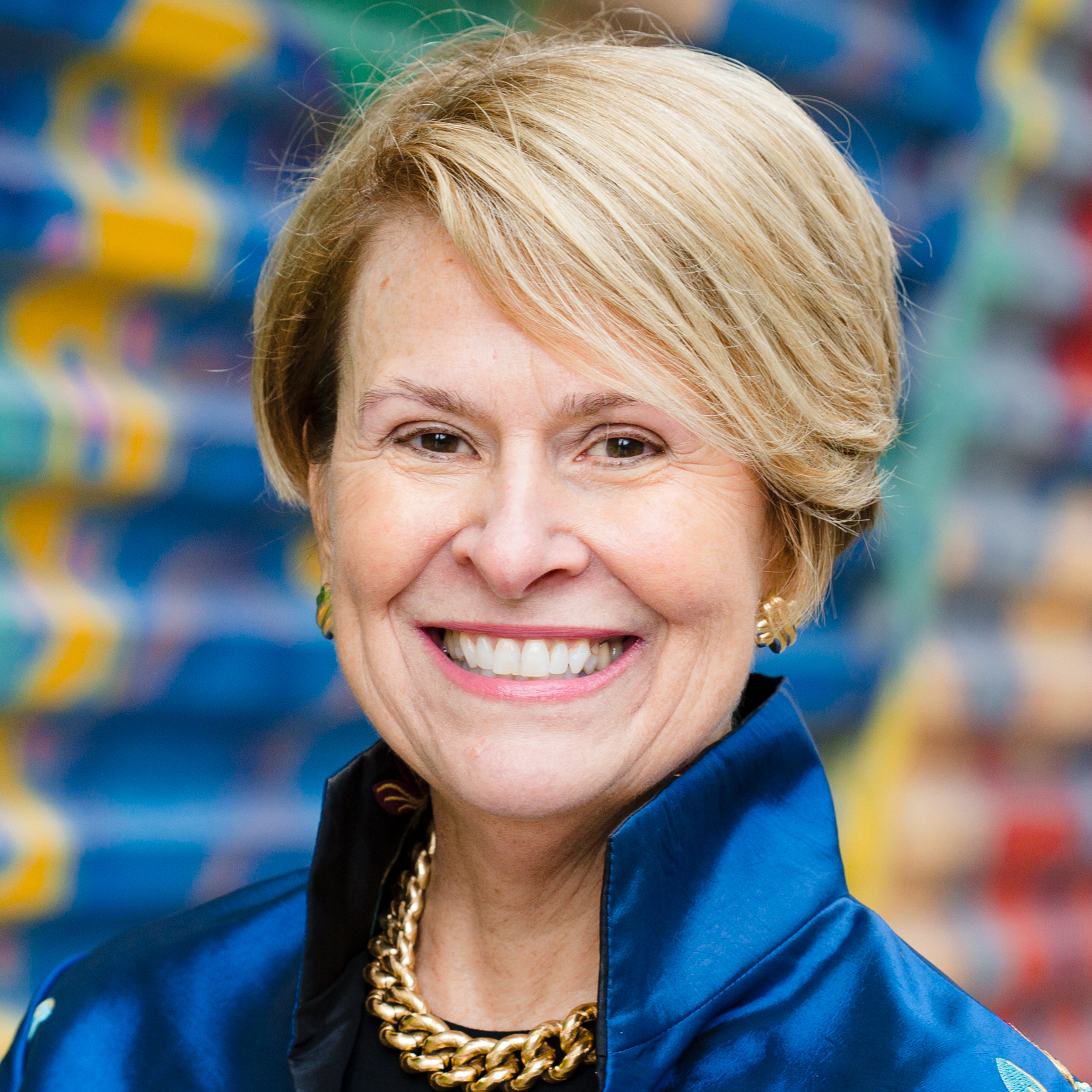Zeroing out tuition for a two-year degree is an idea whose time seems to have come.
Companies such Amazon and Target offer the benefit to new hires. President Biden’s free community college proposal is threatened but still under consideration in the U.S. Senate and will almost certainly reappear later if it is dropped from the Build Back Better act. Some states already offer it.
These programs are right to address the hurdle that finances represent for first-generation college students. Working to pay for tuition while attending class is a challenge for any student, especially those for whom navigating college level courses is foreign to their families’ experience.
But without a modest amount of additional investment by companies, the federal government and states, these programs will fail to meet their goal of moving large numbers of students from underserved communities into the middle class.
While community college has the potential to be a ladder of opportunity for underserved students, it too seldom is. According to data from the National Center for Education Statistics, only 13% of community college students earn a degree in two years and only 26% in four years.
Financial pressures are certainly a barrier. But there is another hurdle just as formidable. According to a recent study by the Brookings Institution, inadequate support and mentoring for community college students are equally significant drivers of high drop-out rates.
Not just attending, but graduating
As the leaders of a nonprofit and a foundation that help underserved high school students find a path to college and career, we know first-hand the importance of information, mentoring and support programs.

Over 30 years, CFES Brilliant Pathways has helped 100,000 economically disadvantaged high school students attend college. Of those, 80% finished their degrees on time.
The Hayden Foundation has supported several college success programs in New York City and Boston over the past 15 years to help first generation and underserved students attend and graduate from college. Without the support of these programs, students’ graduation rates would be at best 30%.
What are the significant factors, in our experience, that account for this success and how could they be transferred to a community college setting?

Connecting underserved, first generation students with advisors who can provide information their families don’t have is critical. In community colleges, where cafeteria-style course offerings are common, students have trouble mapping a path to a degree and staying on track—facing what Brookings calls a structural barrier. An informed advisor with time to help them make sense of the course catalog and a degree sequence would help immeasurably.
In addition, putting students in touch with mentors—experienced professionals who were once first generation themselves—would help them overcome what Brookings calls the motivational barrier to success. We have seen how mentors can help students understand the relevance of their course work and how specific courses connect with particular careers; find internship opportunities; and develop interview skills.
Companies’ commitments, federal legislation and state laws must be expanded to cover advising and mentoring if we are to help underserved student not just attend but graduate from community college. With extra resources, community colleges could add staff to support this kind of service.
In addition, college access organizations like the ones we lead, with proven track records of helping young people succeed in college, could expand, grow and replicate to serve this population.
CFES, which currently works with high school students, could extend its program to serve older students. Others, like The Opportunity Network and Girls Inc., NYC, could expand outside their home base of New York City to serve community college students in other locations.
Making community college free is necessary but insufficient. Without additional resources to support advising and mentoring, what could be a transformative step forward will do little to change the status quo.
Rick Dalton is president and CEO of CFES Brilliant Pathways. Carol Argento is president and CEO of The Charles Hayden Foundation.



